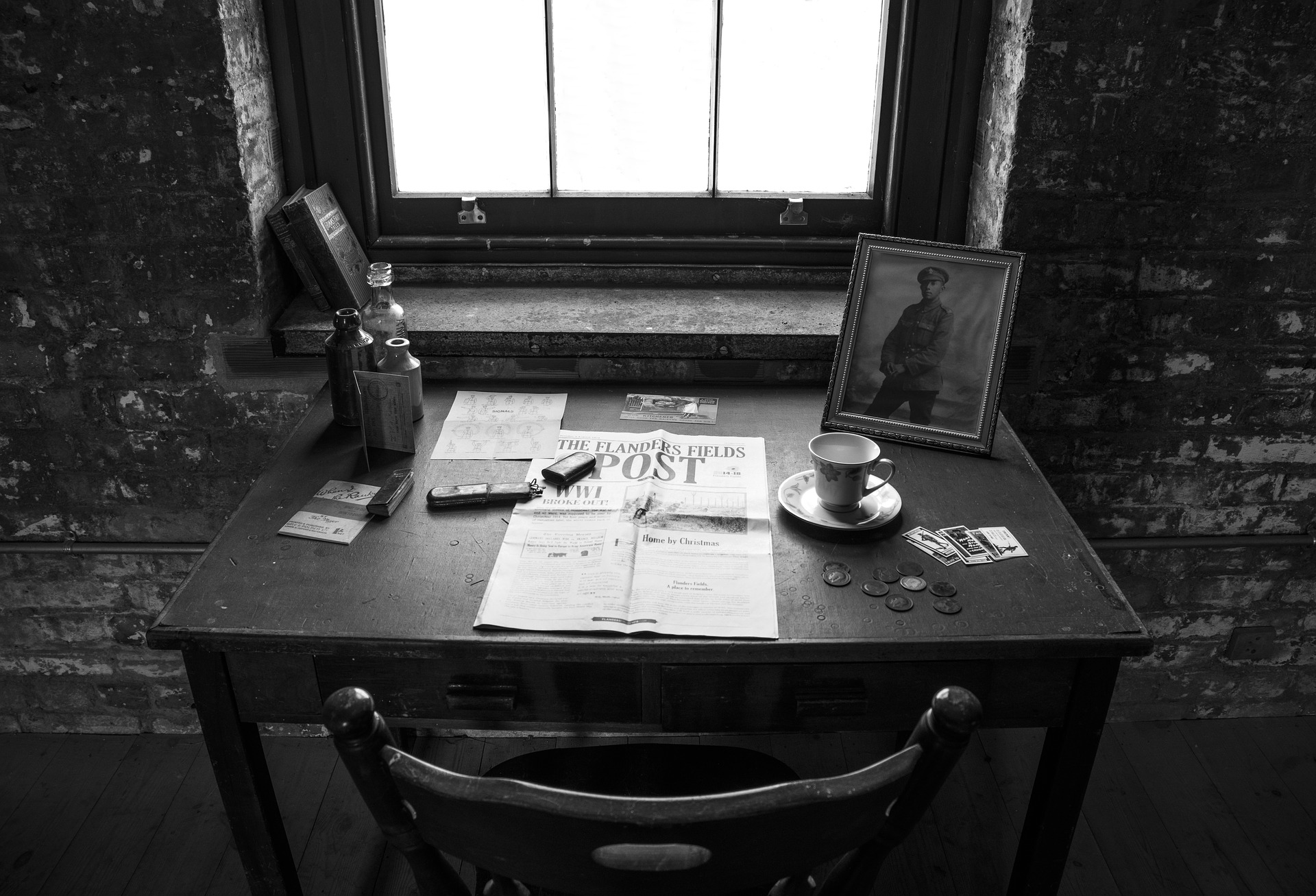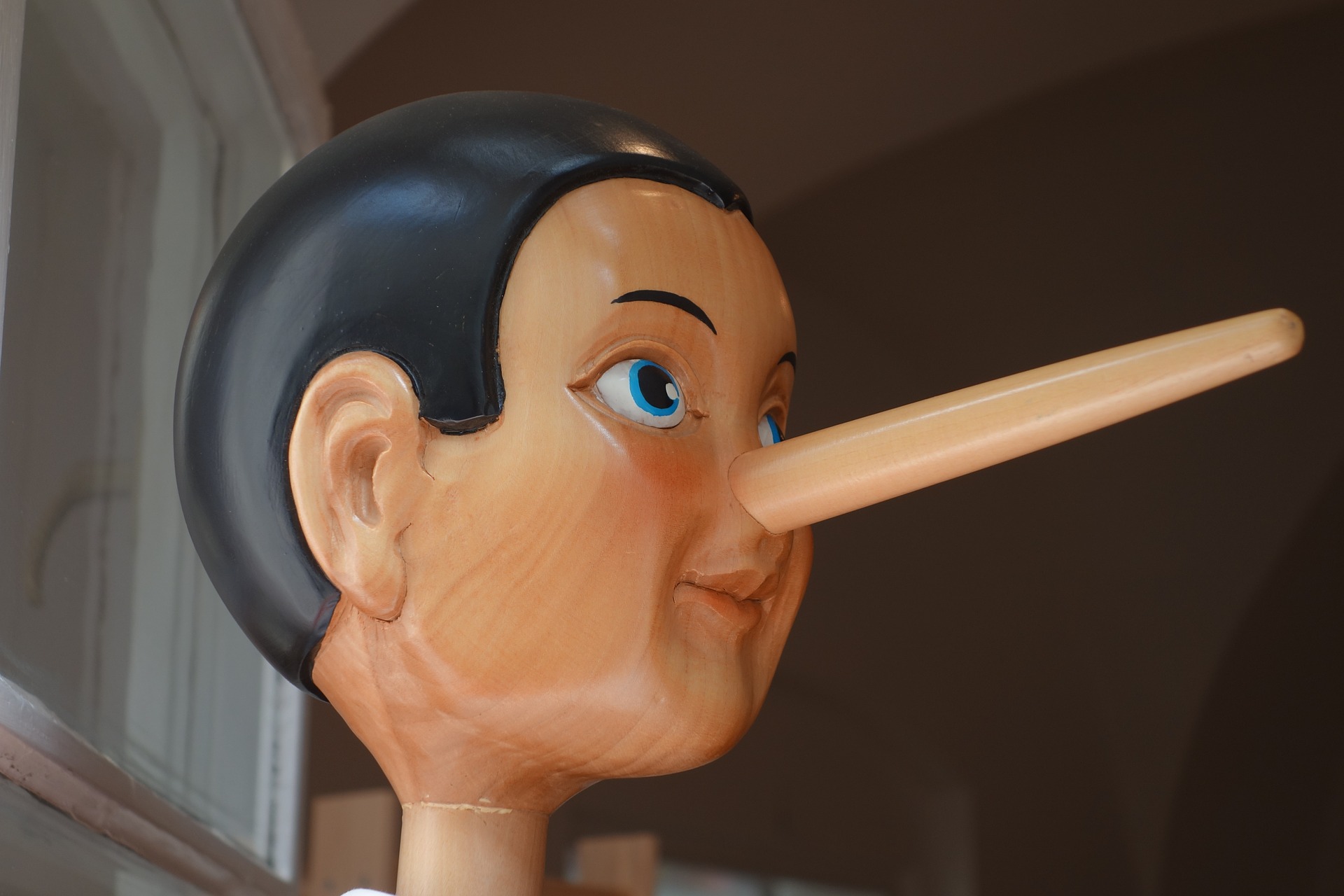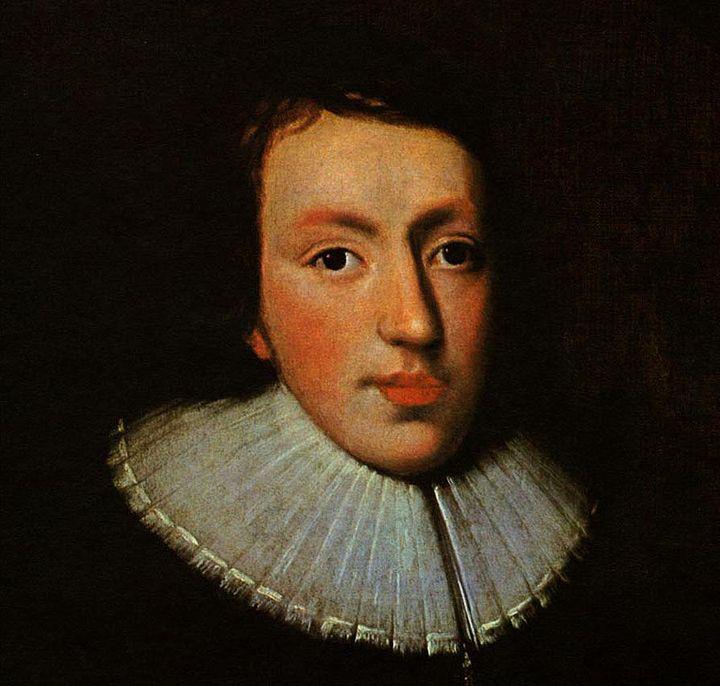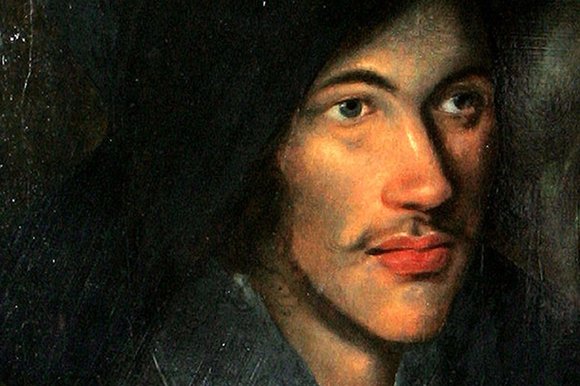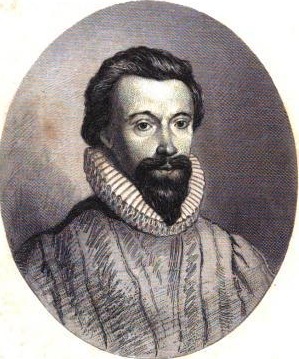About John Donne:
John Donne was born in the year 1572 in London. He was a pre-eminent representative of the metaphysical poets, meaning that his work was characterized by the inventive use of conceits, and has a greater emphasis on the spoken rather than the lyrical quality of the verse. He mostly wrote satirical poems, love poems and elegy and sermons. The latter is because he was also a priest and a lawyer. His most notable works are The Flea, The Good-Morrow and Holy Sonnet: Death, be not proud among many others. A man of many talents, John Donne died in the year 1631, aged 58 of natural causes.
About Good Friday, 1613, Riding Westward:
This poem was written during Donne’s journey from Warwickshire to Wales. He was travelling west then. The poem is religious in nature. It contains many insights and has expressions of penance.
Setting of Good Friday, 1613, Riding Westward:
The poet is on the road, riding from Warwickshire to Wales; and his thoughts on this journey form the poem. Thus, the setting of the poem is the road of the poet’s journey.
Poetic Devices in Good Friday, 1613, Riding Westward:
Rhyme:
Two sentences each, starting from the first sentence, have end words which rhyme with each other. So the rhyme scheme is AABBCCDD… Seeing as how the poem has 42 lines, the rhyme scheme can be said as AABBCCDD……TTUU.
Metaphors:
Donne is known for his inventive metaphors. The poem starts right off the bat with a metaphor (spheres standing for souls). This poem is more restricted on the use of metaphors compared to the poet’s other poems.
Personification:
Souls are personified and nature is personified (Lieutenant Nature).
Alliteration:
There is no serious alliteration but it does appear at one place in the poem (miserable mother).
Summary of Good Friday, 1613, Riding Westward:
Man’s soul is a sphere and devotion is its intelligence. But due to external factors it has deviated from its path and lost its true nature to pleasure or business. And for this reason, the speaker of the poem cannot look towards the east on the day of Crucifixion of Christ because he is afraid to face Him still bearing all his sins. Christ died as a penance for Mans’ sins and yet still, here was the speaker covered in sin. The spectacle would be too much to bear for him with this knowledge. And so he continues to ride westward, with his back to the Christ, till he cleanses himself of all his sins. He asks Him to find it worthy to punish for him sins. Only then, the speaker says, can he look towards Him again.
Analysis of Good Friday, 1613, Riding Westward:
John Donne begins the poem with what is known for best. A conceit. He says that let the man’s soul be a sphere. Sphere here implies heavenly bodies such as the sun and the moon. Donne compares the man’s soul to them. The intelligence in the man’s soul is said to be his devotion. And as spheres lose their motion when subject to external factors (let us say the proximity of planets to the sun; the planets motion depends on the distance from the sun, an external factor), the man’s soul loses direction when foreign factors interfere. And thus being hurried by the others (the foreign factors) they forget their own self (scarce in a yeare their natural forme obey). The souls tend to pleasure or business rather than devotion. The souls are taken by whirl their first time and from there on find it hard to return to their original path. And by the influence of such external factors, the speaker is riding towards west while his soul is bending towards the east.
This poem was written on the day when Christians commemorate the Crucifixion of Jesus. The site of this Crucifixion lies to the east and so, the speaker’s soul bends towards that direction. The reason why he is travelling west while yearning for the opposite direction is given in the following verses.
The speaker is riding towards the direction in which the sun sets, the same way Jesus who rose, fell. Sin has taken over the souls of people. And yet, the speaker is a little glad that he does not look towards the east when any good Christian would do so. He is afraid that that spectacle of Jesus being crucified for the sin of men is too much of a weight for him. Another reason is that whoever sees God’s face dies. This is as per the text in Bible. And the speaker asks if the mere act of looking upon God begets death, then what kind of death would one invite when he looks at God ‘dying’?
He says the death of Christ made nature shrink, the earth (footsole) crack and the light (sun) go off temporarily. There is a personification in these sentences. The speaker is unsure of whether he could hold all of Christ’s greatness even if looked towards the east. He describes this greatness using pretty apt words (poles, antipodes). The speaker then says that he knows that it wasn’t God Himself in the east, but his flesh and blood image, clothed in torn rag; and yet he does not dare to look.
He then says if he dared not look into the eyes of Christ, can he dare to look into the eyes of Christ’s mother, who was the partner of God? He describes the mother as miserable as she gave birth to Christ, who sacrificed himself for men’s sins as a sort of ransom. These things are not present in his eyes as he is riding in the opposite direction, but they are present in his mind.
The saviour, Christ, whilst hanging from a tree (reference to crucifixion) looks towards him, the speaker. But the speaker turns his back to Him. This is ‘to receive corrections’ i.e., to do penance for his sins till He says he (the speaker) is forgiven. The speaker asks the Lord to think him worthy of His anger and punish him. ‘Burne of my rusts’ (penance for sins can be done through trial of fire, is a common belief) and my deformity (his deviance from his true self) says the speaker. He says to restore him in His image (all humans are originally made in the image of God, according to biblical text). And by His grace, when He fnally acknowledges the speaker, only then will the speaker face Him.
The poem has profound religious content and expression of penance in it. It is the speaker’s personal experience but this can also be taken as a lesson by all.
Central Idea of Good Friday, 1613, Riding Westward:
The poet wrote this poem keeping in mind his sins and his inability to face God because of them. So, the poem is meant as a sort of confession and penance for the poet’s sins.
Tone of Good Friday, 1613, Riding Westward:
The poem is speculative and musing in the beginning. And as it goes on, the tone becomes repentant. And at the end it becomes hopeful, saying there is chance to cleanse oneself of sins and face Him again.
Conclusion
John Donne writes a piece of verse full of religious intonations and penance; and succeeds in giving a clear picture of what he felt and thought when he turned his back to Him.
Contributor: Uttej Reddy
Some online learning platforms provide certifications, while others are designed to simply grow your skills in your personal and professional life. Including Masterclass and Coursera, here are our recommendations for the best online learning platforms you can sign up for today.
The 7 Best Online Learning Platforms of 2022
- Best Overall: Coursera
- Best for Niche Topics: Udemy
- Best for Creative Fields: Skillshare
- Best for Celebrity Lessons: MasterClass
- Best for STEM: EdX
- Best for Career Building: Udacity
- Best for Data Learning: Pluralsight
